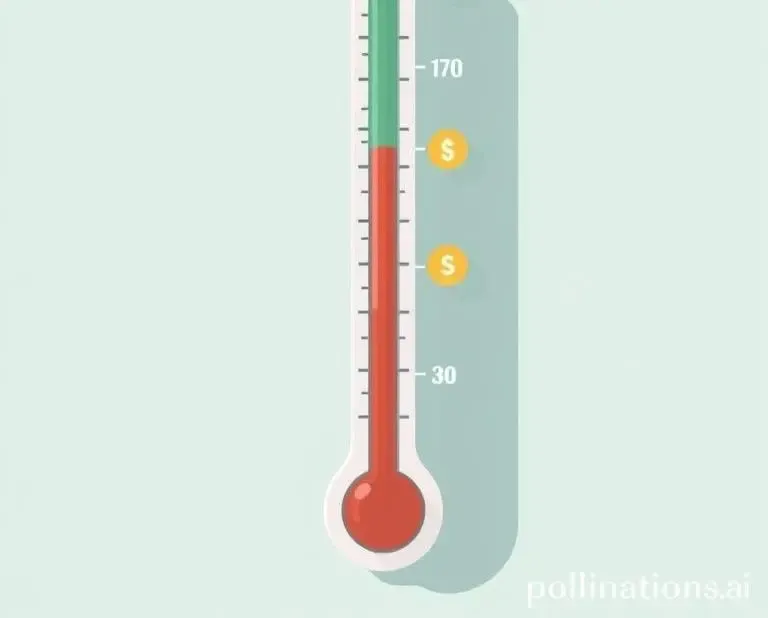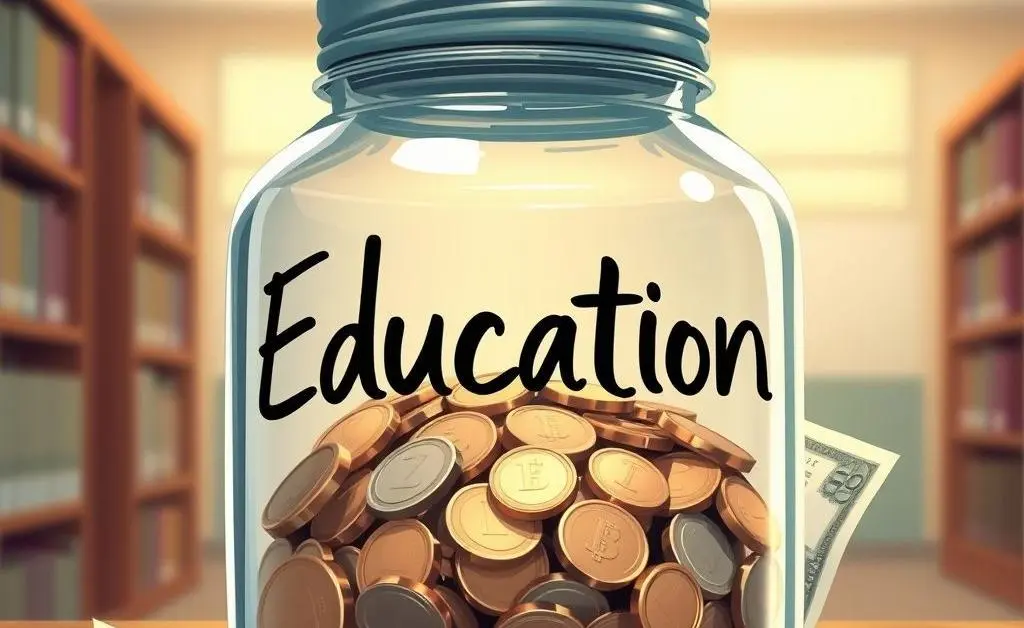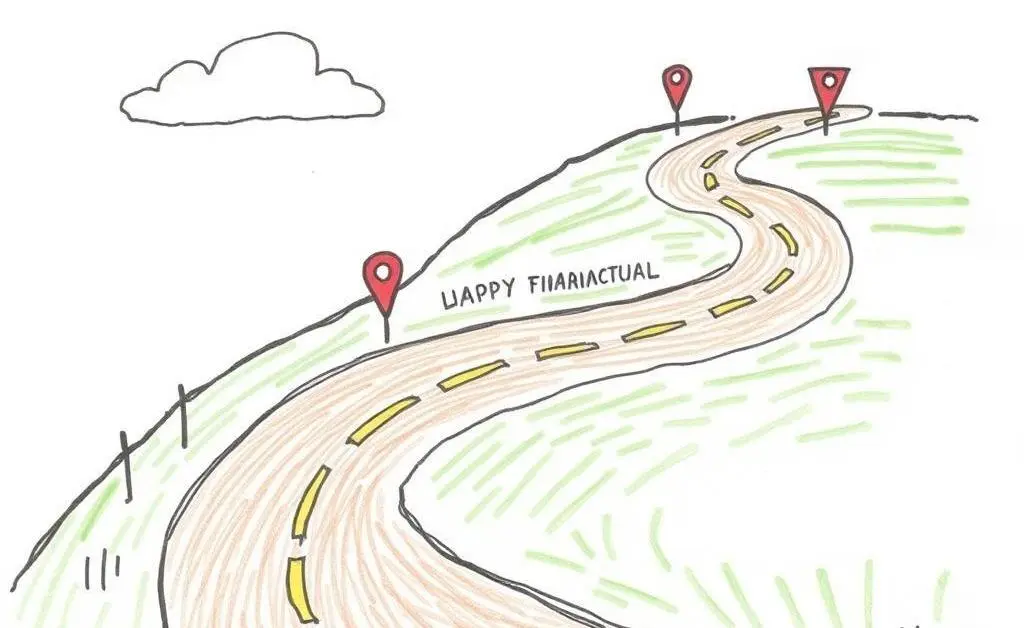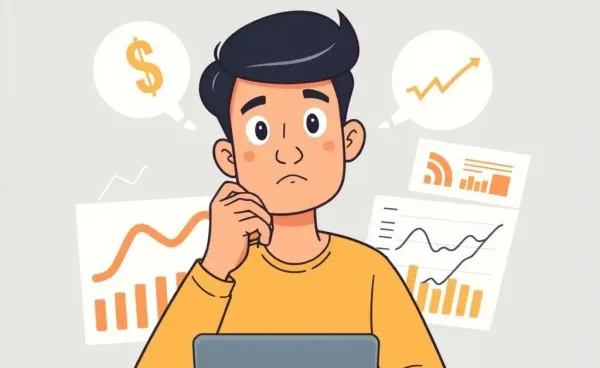Why 3% Inflation Might Be the New 2%: What It Means for Your Wallet
Explore why 3% inflation is becoming the new norm and how it impacts your finances.

Have you ever felt like your money isn't quite stretching as far as it used to? You fill up your grocery cart, walk up to the checkout, and—wait, how much? We've all experienced a little inflation sticker shock, but recent shifts in economic thinking suggest that the 3% inflation you're noticing might just be the new normal.
Understanding the Shift to 3% Inflation
Central banks globally have traditionally aimed for a 2% inflation rate, but the economic landscape is changing. Many experts now believe that a stable 3% might be more realistic and sustainable. But why the shift, and how did we get here?
Why a 3% Target?
Economists argue that a slight boost in the target aids economic recovery, especially after significant global disruptions like the pandemic. It allows more flexibility for monetary policies, encouraging spending and investment. But does this mean we're paying more? Yes—and no.
- Increased Consumer Spending: Higher inflation can encourage spending rather than saving, which fuels economic growth.
- Debt Management: For governments, a bit more inflation helps shrink debt burdens over time.
- Labor Market Benefits: It opens the doors for potential wage growth and adjustments in salaries as costs rise.
But don't worry. While the idea of a 3% inflation target might sound daunting, it's not necessarily bad news for your pocket.

How to Adapt Your Finances
Let's bring this closer to home. Imagine sitting down with your family to discuss the household budget. Should this shifted inflation target change how you plan your finances? The answer is a resounding, "Yes, but strategically." Here's how:
Re-evaluate Your Budget
Review your monthly expenses and income. Small adjustments can make a big difference. Think of it like rebalancing a seesaw—keeping it just right is key.
Focus on Investments
If inflation is consistently higher, your long-term savings might lose value. Consider putting more into investments like stocks or real estate, which often keep pace with, or exceed, inflation.
Pay Down Variable Rate Debt
Higher inflation could lead to increased interest rates. Prioritize paying off debt with variable rates before any hikes make them more costly.
Consider this relatable story: Imagine you're planning a family trip to the beach. You set a budget for snacks, gas, and essentials, but you notice prices have creeped up since last summer. Just like you adapt your travel plans, you can adapt your financial plans.

Looking Ahead
Inflation might seem like a complex topic reserved for economists, but it impacts everyday life in very tangible ways. Whether you're buying groceries, planning your next vacation, or dreaming about your children's education, understanding these shifts can give you a financial edge. What adjustments will you make next time you look at your budget sheet?
Here's something to ponder: Do you think a 3% inflation rate will impact you differently depending on where you are in life—starting a career, raising a family, or enjoying retirement?





